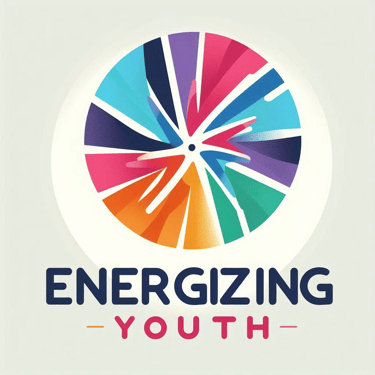The Quiet Power of Clean Energy
Clean energy has become one of the most important topics of our time. As global demand for power increases, societies are realizing that traditional fossil fuels cannot sustain long-term growth without significant environmental consequences.
Sarah Thiru
10/6/20252 min read


The Quiet Power of Clean Energy
By: Sarah Thiru
Clean energy has become one of the most important topics of our time. As global demand for power increases, societies are realizing that traditional fossil fuels cannot sustain long-term growth without significant environmental consequences. Clean energy, produced through renewable resources such as solar, wind, and hydropower, offers a path toward a more stable and sustainable future.
During a visit to a solar farm, I was struck by the quiet efficiency of the technology. Rows of panels, positioned to capture the maximum amount of sunlight, provided electricity for thousands of households. Unlike conventional power plants, there was no smoke, no noise, and no waste. It was only the simple conversion of sunlight into energy. That experience showed how renewable energy can supply large communities while minimizing environmental impact.
Wind power demonstrates a similar promise. On a recent trip, I observed large turbines stretching across open landscapes. Their scale was impressive, and their role was equally significant. They produced electricity through the natural force of the wind. Unlike coal or natural gas facilities, wind farms do not emit harmful pollutants. They are an essential contributor to cleaner air and healthier communities.
Hydropower, long relied upon in certain regions, provides yet another reliable source. A relative of mine who lives in Oregon benefits directly from hydropower generated by a nearby river. Their community draws most of its energy from this renewable source, proving that localized clean energy solutions can provide consistent, dependable power without relying on fossil fuels.
The benefits of clean energy extend far beyond environmental protection. They include long-term economic gains through job creation, reduced household energy costs, and greater energy independence for nations. At the same time, reducing reliance on fossil fuels helps address climate change by lowering greenhouse gas emissions and improving public health.
Transitioning to clean energy will not be immediate, but progress is already visible. More households are installing solar panels, cities are investing in wind projects, and governments are setting ambitious renewable energy targets. Each step brings us closer to a system that balances human needs with environmental responsibility.
Clean energy is not a distant vision. It is a practical and necessary solution already reshaping how we power our world. The challenge now is to accelerate this transition and ensure that
ENERGIZING YOUTH
Energy literacy = power
CONTACT US
© 2025. All rights reserved.
